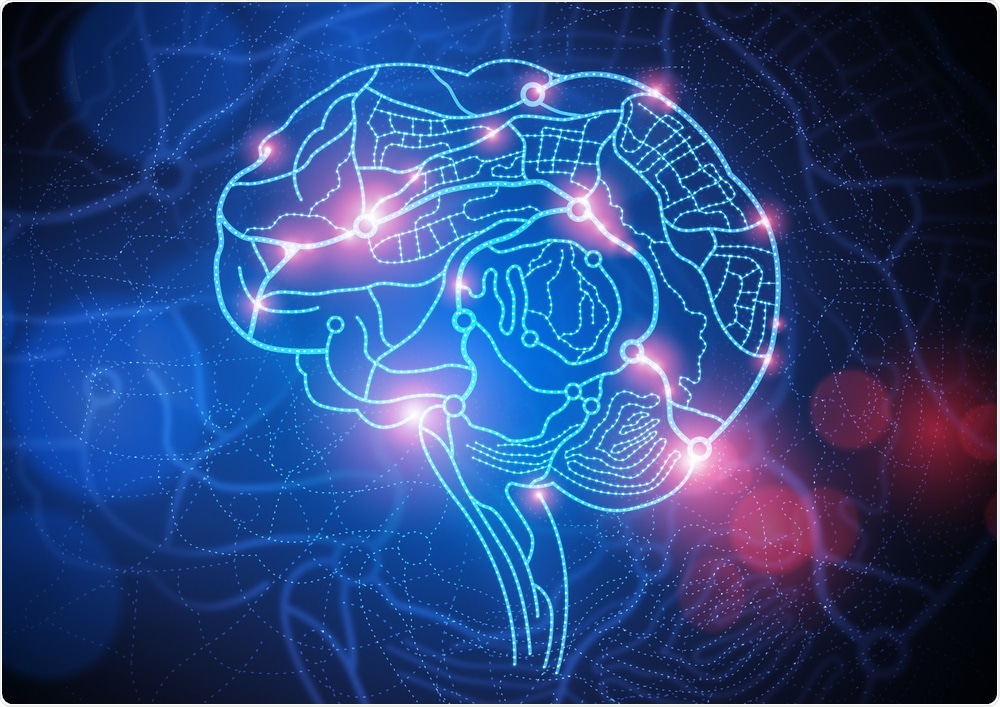A new rat study shows that following hysterectomy, some types of memory are affected in the short term.
The study is the very first to reveal a link between the uterus and brain function. It explored cognitive function in rats with and without a hysterectomy to bring out the influence of the uterus on memory and thinking skills, among others.
 © solarseven/Shutterstock.com
© solarseven/Shutterstock.com
One third of American women have had their uterus surgically removed, a process called hysterectomy, by the time they reach the age of 60 years. Following the operation, some women enter early menopause (this term refers to the period of life when the monthly menstrual periods come to an end).
Currently, most medical professionals view the uterus as functional only if it is carrying a pregnancy. This view is brought into question by the study findings which suggest that the nonpregnant uterus has an effect on the way the brain works.
The present study looked at various types of surgeries which induced menopause in rats, and found that short-term memory was impacted by the procedure.
Scientists in the study first brought about a rat model of hysterectomy, so that they could evaluate how surgical removal of the uterus influenced brain function.
The results showed that if the uterus alone was removed by surgery, short-term memory suffered in the short term, as assessed two months later.
No memory loss was detected when the ovaries were removed along with the uterus. This suggested that the removal of the uterus had a unique impact on memory.
In addition, the findings might show that the uterus and ovaries form components of a system that sends and receives messages to the brain to affect functions like cognition.
We hope these basic science findings will lead to more attention around how different menopause surgeries might impact the brain and its functioning in women, ultimately impacting their quality of life.”
Heather Bimonte-Nelson, Ph. D, Department of Psychology at Arizona State University
Bimonte-Nelson, the study’s lead author, also pointed out that the broad aim of their current research was to enhance and bring to light optimal outcomes for women’s health through their whole lives. Dr. Bimonte-Nelson works at Arizona State University in Tempe, Arizona.
The study was published in the journal Endocrinology of the Endocrine Society.